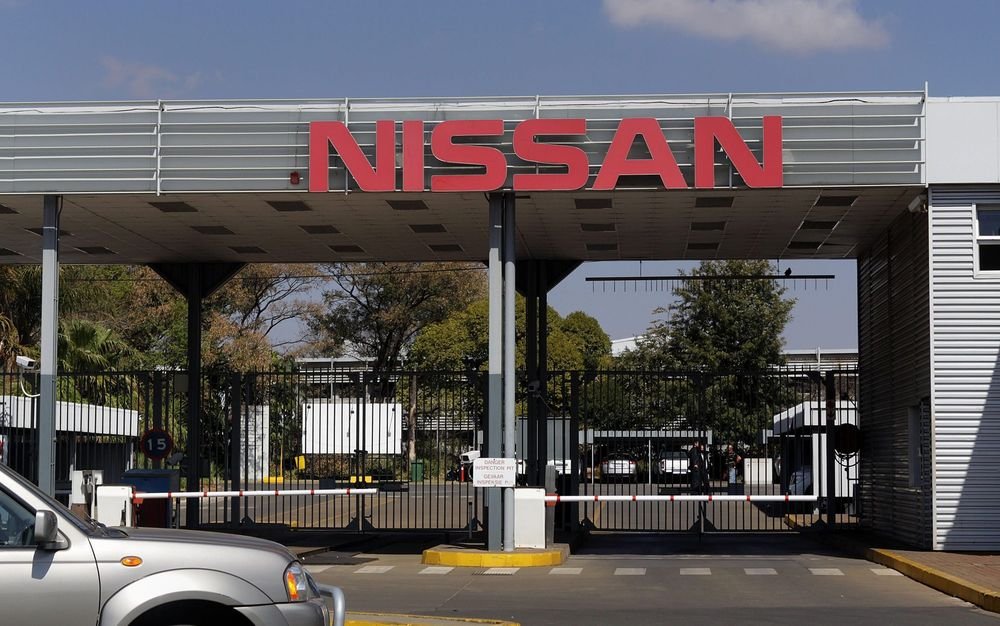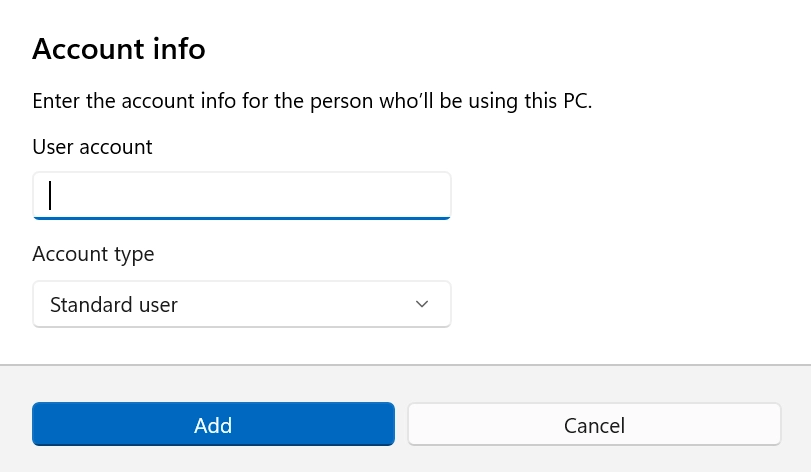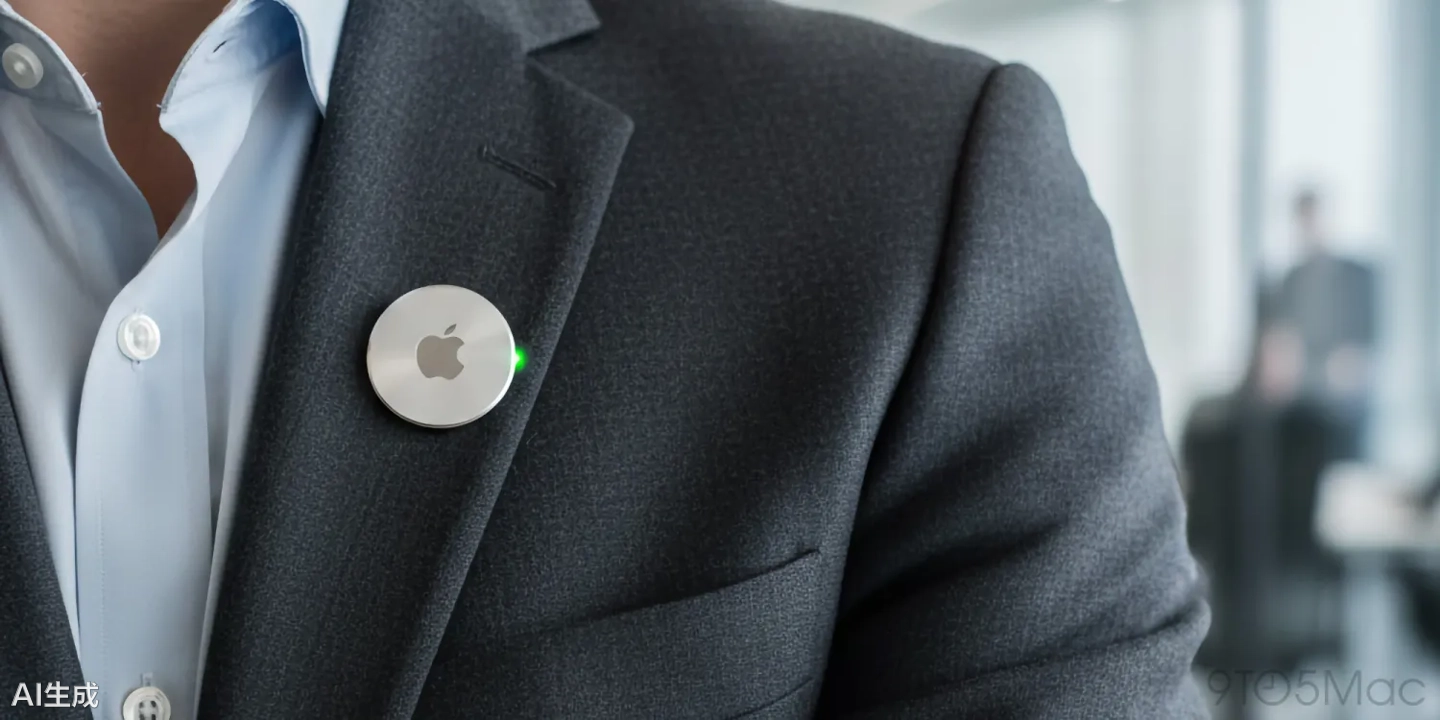Enhancing privacy, streaming, and international travel are all made possible with a VPN. Use the top iPhone VPNs we’ve tested to increase your browsing privacy while on the go.
Using a VPN on your iPhone encrypts your internet activity and browsing habits, blocking your ISP and mobile carrier from seeing your browsing info. A virtual private network will also keep your public IP address hidden, blocking websites and apps from seeing your physical location, which lets you circumvent throttling, bypass censorship or access geographically restricted content like foreign Netflix libraries. If your wireless carrier employs a practice called “traffic shaping,” you may be able to circumvent data-saver limits with a VPN to enjoy better streaming video while using cellular data.
iPhone users expect a high level of service when it comes to Apple’s signature smartphone, especially the new iPhone 16 model. Likewise, when you’re looking for the best iPhone VPN, you’ll want a virtual private network that offers solid privacy, sleek app design, a user-friendly interface, fast speeds and excellent region-restricted content unblocking. Our experts at CNET have tested roughly a dozen of the top VPN providers on the market across a diverse set of platforms, including iOS and iPadOS, to figure out which are the best iPhone VPNs of the bunch.
What is the best iPhone VPN right now?
ExpressVPN is currently CNET’s top pick for the best iPhone VPN, thanks to its excellent privacy protection and simple, user-friendly mobile interface on iOS and iPadOS (as well as Android, for that matter). While that’s our top pick, there are other VPN providers more than worthy of consideration, depending on exactly what you’re looking for in a VPN for your iPhone.
Surfshark is the best iPhone VPN that doesn’t break the bank or compromise on features, like advanced privacy settings or speed.
NordVPN is the fastest VPN we tested, with blazing-fast speeds that are perfect for 4K video streaming or gaming.
PIA is a solid budget-friendly VPN that’s privacy-focused, transparent and even has some unique Apple features, like split tunneling on MacOS — a rarity among VPNs.
Factors to consider in an iPhone VPN
With so many iPhone VPN apps available, it can be difficult to choose the right solution. Based on our extensive research and hands-on testing of VPNs over the years, these are the factors to look out for when choosing the best VPN for your iPhone:
Privacy
The primary consideration for any VPN should be privacy. If your iPhone VPN is unable to deliver a sufficient level of privacy, then your VPN is practically useless. Your VPN should offer industry-standard AES 256-bit encryption over the OpenVPN and IKEv2 VPN protocols or ChaCha20 with WireGuard, along with basic privacy protections like a kill switch, DNS leak protection and a no-logs policy. If your privacy needs are critical, you’ll need a VPN provider that is based in a privacy-friendly jurisdiction, offers obfuscation and has a RAM-only server architecture. Additional privacy features to look out for include Tor over VPN functionality, ad and tracker blockers and multi-hop connections. It’s also important to choose a VPN that’s trustworthy, transparent and undergoes regular third-party security audits, which can help bolster trust in the VPN’s ability to protect your privacy.
Speed
Your VPN’s connection speeds can have a major influence on the quality of your streaming, downloading, video conferencing, gaming and general web-browsing activities. All virtual private networks slow down your internet somewhat, simply by nature of encrypting your traffic and sending it through at least one server before moving on to its final destination. To keep things running as smoothly as possible, you’ll want a VPN that will have as minimal an impact on your regular internet speeds as possible. Generally, we recommend a VPN with an internet speed loss of 25% or less. In our testing, we’ve seen as low as an average 11% internet download speed loss. For bandwidth-demanding applications like competitive gaming or 4K video streaming, you’ll want a snappy VPN.
| Provider | Speed loss |
|---|---|
| NordVPN | 11% |
| Mullvad | 13% |
| Surfshark | 17% |
| Proton VPN | 21% |
| ExpressVPN | 25% |
| IPVanish | 44% |
| PIA | 49% |
Usability
A good iPhone VPN should run smoothly and be easy to use regardless of your technical expertise. It should have all of the features you need easily accessible with a tap of your finger. Many of the best iPhone VPN apps also include an easy way to get in touch with support directly from the device, which can be helpful if you need assistance on the go. Basically, your iPhone VPN app should be as easy for you to use as your iPhone itself. It should have a large network of servers around the world so you can connect easily and reliably from wherever you may be traveling, and it should be able to help you access geo-restricted content from various regions.
Cost
Depending on your budget, you may want to take into account the cost and overall value of your iPhone VPN before making a purchase. VPN pricing can vary greatly from provider to provider, but you can typically expect to spend about $5 to $13 per month for a monthly VPN subscription plan. If you want to save some money, you can opt for an annual subscription, where prices can range from roughly $30 to $100 per year. You’ll want to be careful with free VPNs because you may end up risking your privacy instead of protecting it with a free VPN. Proton VPN is currently the only free VPN that CNET recommends.
Most premium VPNs offer a money-back guarantee anywhere from a week to 45 days. You can also get a seven-day free trial with many VPNs when you sign up through Apple’s App Store, so you have options to try various iPhone VPNs risk-free before you decide whether to fully invest in one.
Device support
While you’ll want a VPN for your iPhone to work well on iOS and iPadOS, chances are you’ve got a slew of other devices you may want to run a VPN on. Most VPNs work on Windows, MacOS and Linux PCs. In addition to iPhones and iPads, the majority of virtual private networks also offer Android apps. While Android TV and Fire TV apps are common for use on streaming devices, Apple TV apps are still on the rise. Providers like NordVPN, ExpressVPN, Proton VPN, Surfshark, PIA and IPVanish feature Apple TV VPN apps. (Disclosure: IPVanish is owned by the same parent company as CNET, Ziff Davis.) Think about the devices you want to install a VPN app on and make sure your desired VPN company supports those gadgets.
| IPVanish | Surfshark | PIA | ProtonVPN | ExpressVPN | NordVPN | |
| Windows | ✔️ | ✔️ | ✔️ | ✔️ | ✔️ | ✔️ |
| MacOS | ✔️ | ✔️ | ✔️ | ✔️ | ✔️ | ✔️ |
| Linux | ✔️ | ✔️ (with GUI) | ✔️ (with GUI) | ✔️ (with GUI) | ✔️ | ✔️ |
| Android/AndroidTV | ✔️ | ✔️ | ✔️ | ✔️ | ✔️ | ✔️ |
| iOS/iPadOS | ✔️ | ✔️ | ✔️ | ✔️ | ✔️ | ✔️ |
| Fire TV | ✔️ | ✔️ | ✔️ | ✔️ | ✔️ | ✔️ |
| Smart TV* | ✔️ | ✔️ | ✔️ | ✔️ | ✔️ | ✔️ |
| Apple TV | ✔️ | ✔️ | ✔️ | ✔️ | ✔️ | ✔️ |
| Router | ✔️ | ✔️ | ✔️ | ✔️ | ✔️ | ✔️ |
| Browser plugin** | ✔️ | ✔️ | ✔️ | ✔️ | ✔️ | ✔️ |
| Simultaneous connections | Unlimited | Unlimited | Unlimited | 10 | 8 | 10 |
How we test iPhone VPNs
When we evaluate the best iPhone VPNs, we thoroughly test the features offered on each VPN’s iPhone app to see how they compare to the competition. We carefully consider the look and feel of the app and the overall usability of the software, including how easy it is to establish a connection, bearing in mind the user experience iPhone users are accustomed to. We test the performance and reliability of the VPN connection on each of the protocols available in the provider’s iPhone app. We test for leaks and we pay special attention to each service’s kill switch functionality and ensure it’s working as it should. We test each VPN’s ability to circumvent geographical restrictions and access streaming sites. Finally, we evaluate each provider’s pricing to determine the service’s overall value.
Other VPNs we tested
Proton VPN
If you need a completely free VPN for your iPhone, Proton VPN is the way to go. With Proton VPN, you can get access to three server locations without paying a dime. Unlike many other free VPNs, Proton doesn’t put any restrictions on usage or speed. If you want the full, premium version of Proton VPN, it’s $10 per month, $60 for the first year or $108 for the first two years (the one- and two-year plans renew at $80 annually), putting it in the middle of the pack in terms of price. The paid version of Proton offers 9,900-plus servers in 117 countries and 10 simultaneous connections.
Proton VPN is a great option for privacy-minded VPN users thanks to its open-source apps, robust privacy policy and privacy-friendly Swiss jurisdiction. On the entertainment side, Proton works well for geo-unblocking foreign content on apps like Netflix and Disney Plus, making is a great VPN for streaming. With apps for Android TV, Fire TV and Apple TV devices, Proton VPN is a solid choice for circumventing geo-restrictions to access movies and TV shows. Proton is the best free option with a solid premium plan and an excellent VPN solution overall.
IPVanish
IPVanish’s iPhone app is fairly easy to use and features a prominent Connect button on the Home screen that’ll get you connected quickly. If you navigate to the Locations screen to select a specific server, you can either connect to the Optimal Location or choose from a list of servers. However, after you’ve connected, there’s no indication of whether you’re connected or not unless you navigate back to the Home screen. Even if you connect to the Optimal Location, the Connect button on the Locations screen still says “Connect” — which can lead to some confusion.
Although IPVanish’s iPhone app isn’t as streamlined as the others on this list, it includes split tunneling functionality—a feature most VPNs don’t offer with their iPhone apps. Even so, it’s difficult to enthusiastically recommend IPVanish to iPhone users, considering that far superior services are available for the same price or cheaper. IPVanish costs $13 per month, $40 for the first year, or $53 for the first two years combined (the one- and two-year plans jump to $90 annually).




